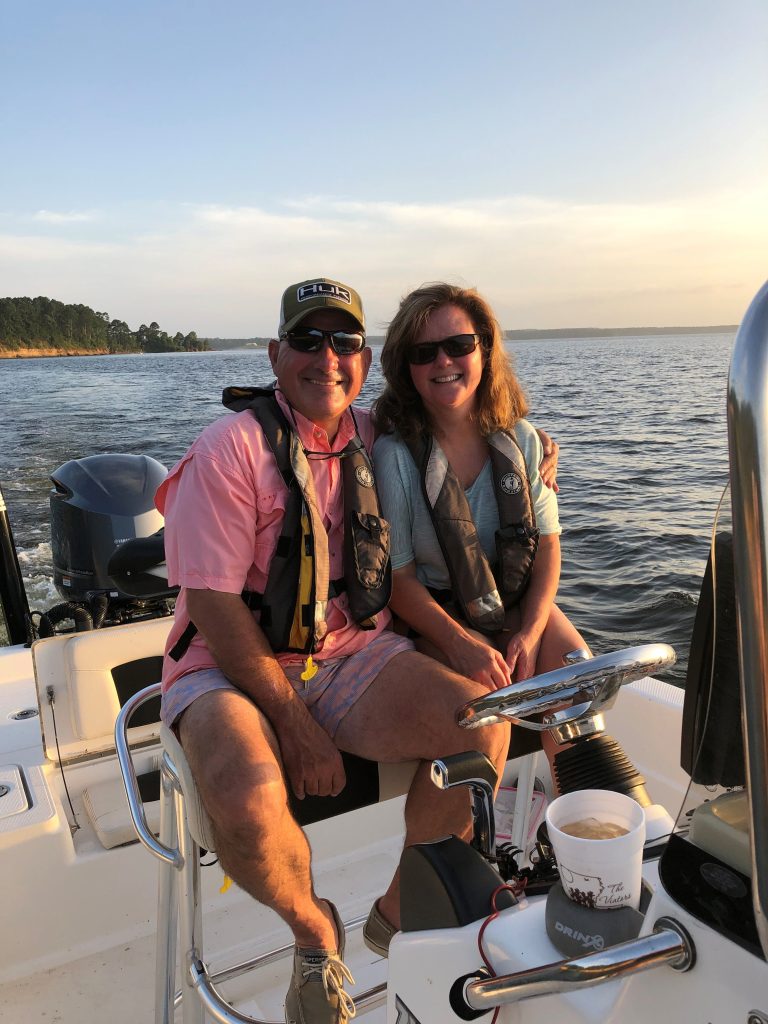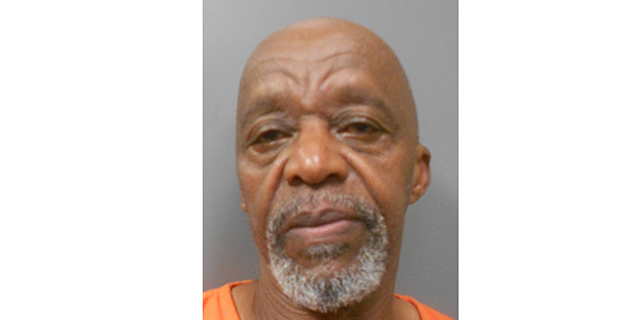We caught up with Iberia Medical Center’s new CEO Dionne Viator
Published 3:00 pm Monday, August 31, 2020

- Dionne Viator Casual 1.jpg
When Dionne Viator went from Interim CEO at Iberia Medical Center to CEO in March, she expected some challenges – but nothing like the once-in-every-100-years event of COVID19. The pandemic has called on all of her 27 years of experience in healthcare and by all indications she is meeting the challenge as “chief crisis officer.”
To understand why someone would want to be in such a hot seat in a particularly challenging time, is best explained by Viator’s journey getting there.
Healthcare was not on the radar for this CPA who worked early on as treasurer at LHC Group in Lafayette and later at Ernst & Young. But, as she points out, public accounting gave her the opportunity (and advantage) of becoming familiar with several industries: entertainment (through Delta Queen Steamboat Company) oil and gas, banking and healthcare. After 18 months at Ernst & Young, she worked exclusively on healthcare accounts by her own design. “I loved the complexity of all the Medicare, Medicaid and commercial payers. You can never fully master the financial side; there is always something new to learn. And… (she becomes slightly pensive) I loved the mission of healthcare,” she says.
While accounting groomed Viator for the business side of healthcare, it would be the 21 years at Baton Rouge General Health where she really cut her teeth in a business with human lives as the bottom line. As executive vice president and chief financial officer (CFO) – along with a gamut of other roles – she discovered the most valuable healthcare lesson: to keep the patient first and foremost. As CFO, she oversaw the hospital’s facilities and plant and had direct responsibility as a support service to nursing.
In 2016, she joined Iberia Medical Center as CFO and when the CEO position became vacant, she was asked to step in as interim at the start of last October. After proving her strategic and leadership skills, and with her strong grip on finance, the move became permanent six months later.
“I am honored to have been chosen as CEO,” says the Ville Platte native who grew up in Mississippi and New Orleans and spent 30 years trying to get back to Acadiana. “I get to coordinate a team of people who are passionate about what they do. We can make a difference not only with individual lives but in impacting the health status of the whole community.”
Accepting her role as part business manager, healthcare advocate and diplomat, Viator seems exceptionally generous with her time. A typical day – even before COVID19 – begins at 5:00 a.m.. “I like to have my coffee (she smiles) and do some household chores, like laundry, and then walk the dog. I’ll start checking my phone for emails and texts around 6:30 and then leave the house at 7:15. First thing I do at the hospital is walk around the first floor; before COVID, I would normally round each unit. I’d normally have four to five meetings a day, each an hour long, but COVID has made us more efficient. Now, we’re doing more Facetime meetings. I usually have lunch in the physician’s lounge to check in with the doctors, field any questions, or give them updates. My day usually wraps up around 7:30 p.m. and the emails at home wind down around 8:30 p.m.”
In many ways being a hospital CEO is like being the mayor of a healthcare community. And, in spite of the range of responsibilities she has to patients, employees, families, board members and the community as a whole, Viator knows the importance of preserving trust. There is a deliberate calm and optimism about her – perhaps traits she mastered from parenting two, now grown and accomplished, children.
Still, barely six months into the job as CEO of a hospital during one of the country’s largest pandemics, which Viator admits “was exhausting at first.” She describes, “As we first entered the COVID pandemic there was a lot of fear and uncertainty. When our first few patients were admitted, the staff was nervous, but we took a deep breath and moved forward. The fear of the unknown brought us courage because the community was relying on us and when we put a face to a need, it was calming. It was one of the times where you see everyone’s strengths, yet we leaned on each other and the community incessantly. Employees stepped up and pulled together, and the management team bonded, all in ways that have been tremendous. When you walked the floors and saw what was going on and the care that was being delivered – that’s all you needed to re-energize yourself.”
Despite the countless moving pieces to tend to each day, Viator has not taken her eyes off of the horizon, with intent for the hospital to grow beyond the pandemic. She has plans to bring more specialists and/or technology in the areas of oncology, cardiology and orthopedics. Listening to the community and understanding their needs, she says, are foremost. “We recently finished a strategic planning process for the next three years that involved interviewing board members, community members, physicians and staff. We took a close look at data telling us which services were bringing patients to other hospitals. There are a lot of opportunities to grow services at our north campus.”
Her ultimate goal: “To have the services and community confidence that lead Iberia Medical Center to becoming a regional referral center – I see that in the foreseeable future,” she says confidently.
There have been several proud moments for Viator in the last few months – mostly involving her staff and others. However, in becoming the hospital’s first female CEO, she was honored when many of the women throughout the floors approached her with congratulations. “It was a prideful moment to represent women in that capacity,” she says.
To those up-and-coming hospital CEO’s Viator advises, “Don’t wait to be asked to get involved. If you see something that needs to be done, find a solution. Be a part of a team outside of your current role. And, communicate, communicate, communicate.”





